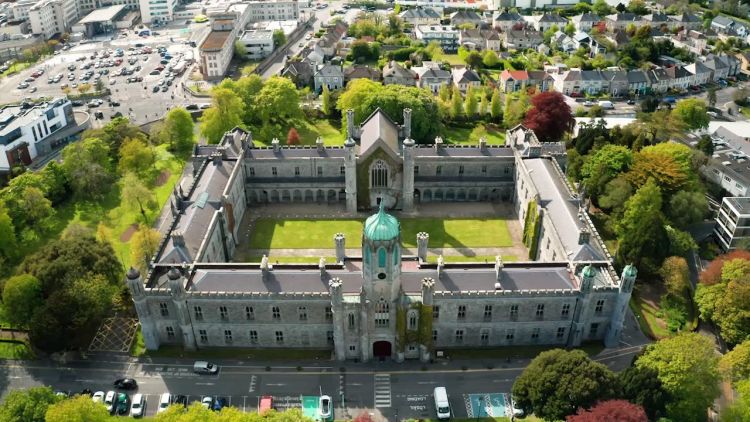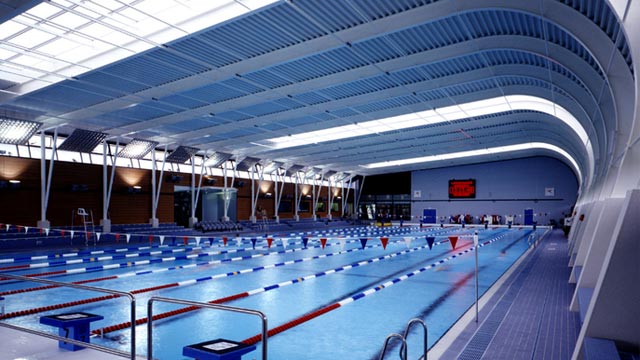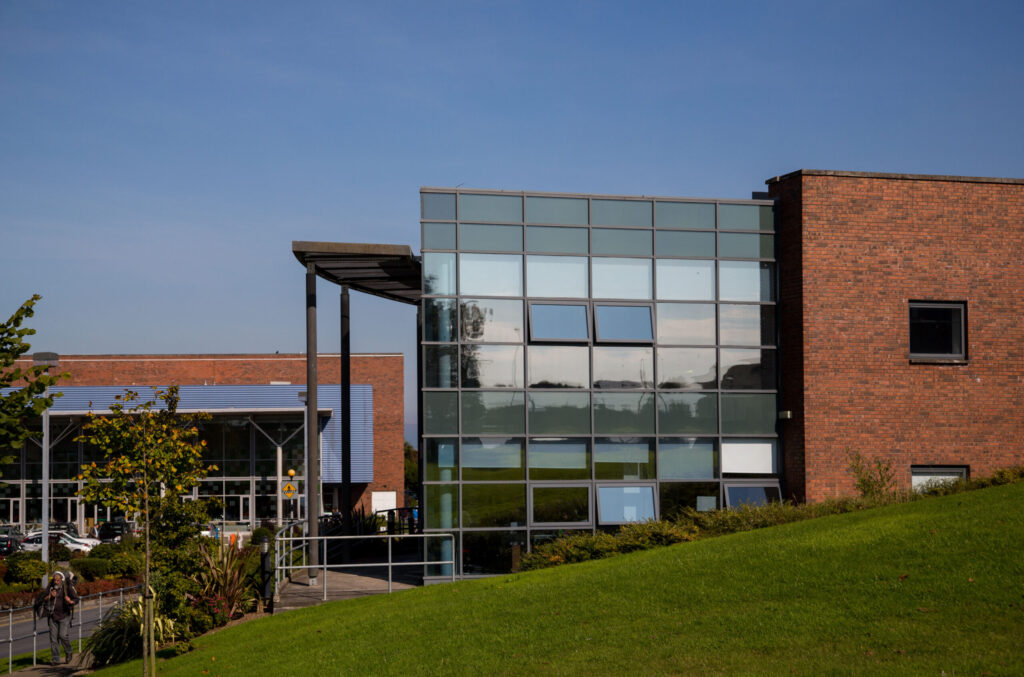Commerce




Tuition

Duration

Admissions Deadline

Location
Profile
The Bachelor of Commerce is a very flexible programme that covers all business areas before a student chooses a specialisation in the final year in one of the following: Accounting & Performance Measurement: Students study accounting and accounting-related modules, positioning them for a career in accountancy and related areas. Depending on the modules chosen, exemptions are available to successful students in the professional accountancy bodies’ exams. In addition, students may apply for the entry, on a competitive basis, to the Master of Accounting (MAcc) programme at NUI Galway or equivalent postgraduate accounting programmes in other universities. Accounting Exemptions from Professional Accounting Bodies. Students can apply their economic theory to modules as diverse as the economics of globalisation, the economics of money and finance, and health and environmental economics. Students who specialise in economics are well placed to undertake either postgraduate research at home or abroad or to embark on a variety of careers in business and economic policy analysis. This specialisation focuses on the management of the human factor in organisations, exploring the nature of the employment relationship and the rights and obligations of the parties involved. It also focuses on the theoretical basis for the best utilization of human resources (HR). It is targeted at students with a particular interest in the human aspect of organizations and those intending to develop a career in the HR management area. This specialisation provides an excellent foundation in a range of key and popular marketing topics, such as media and marketing communications, brand management, marketing analytics and research, digital marketing planning, the marketing of services, and global marketing. The discipline’s research programme enhances each subject’s content, ensuring it is taught to world-class standards. Digital Business & Analytics: This specialisation focuses on the implementation, use, and management of information systems within the business. It contains practice-based modules that teach students how to create IS using database technology, web design technology, and computer programming languages. It also provides modules that enable students to investigate how to manage IS within their business. This specialization focuses on a diverse range of important contemporary topics in national and international finance, including international monetary systems, banking, exchange rates, financing and investment decisions, taxation, financial reporting, investments and issues of financial management inherent in managing multinational corporations and institutions. Students will be readily employable in private sector financial services firms as well as both Irish and international public sector financial institutions. Business Law: This specialisation focuses on the legal aspects of the business. Students taking this stream will study core aspects of the law as it relates to commercial activity, such as company law. It is also possible to go into depth on topics that are central to many businesses, such as intellectual property, information technology law, and international trade law. Students who complete the stream can progress to the LLB degree and can then go on to qualify as solicitors or barristers. Training in law and business also opens up many other careers, such as journalism, public service, and senior management. International Business: This specialisation focuses on managing people, diversity in culture and how to effectively lead and manage in a global marketplace. The specialisation focuses on developing knowledge and expertise in international business and cross-cultural management and provides students with the knowledge and skills required for a career in international management and multinational corporations as well as other organisations. The programme provides students with a mix of large lectures and smaller group tutorials where they can ask further questions and get help with coursework. Our lecturers’ links with industry ensure that the programme is up-to-date, relevant and useful to today’s graduates and employers. Specially tailored modules such as Skills for Business which is now taken by second-year students. This one-semester module is designed to improve student employability and preparation for the workplace by developing a set of practical skills that form the basis for effective working life. The programme allows students to work individually and in groups on different projects which are relevant to the ever-changing and dynamic business environment, thus developing their business and interpersonal skills.
Notes
Both EU/EEA and non-EU/EEA citizens have to pay a student contribution fee of maximum €3,000 year for student services. Eligibility for Free Fees Initiative is available for EU students. Students may apply to SUSI for a grant towards their student contribution or tuition fees.There is an 4-year option.
Application deadline for EU students is February 1.
Admissions Requirements
High School Diploma with a minimum GPA of 3.4/4 Unweighted. Minimum SAT of 1290 (Evidence-Based Reading and Writing 650, Math 620) or an ACT of 26 to gain entry. If available, Advanced Placement Tests - Grade 3 or above in at least two tests (preferably three tests). Students will also need to submit a personal statement and two references to support their application.
Map
Sorry, no records were found. Please adjust your search criteria and try again.
Sorry, unable to load the Maps API.
Related Programs
Additional Information
- Bachelors
Considerations
- Not Required












